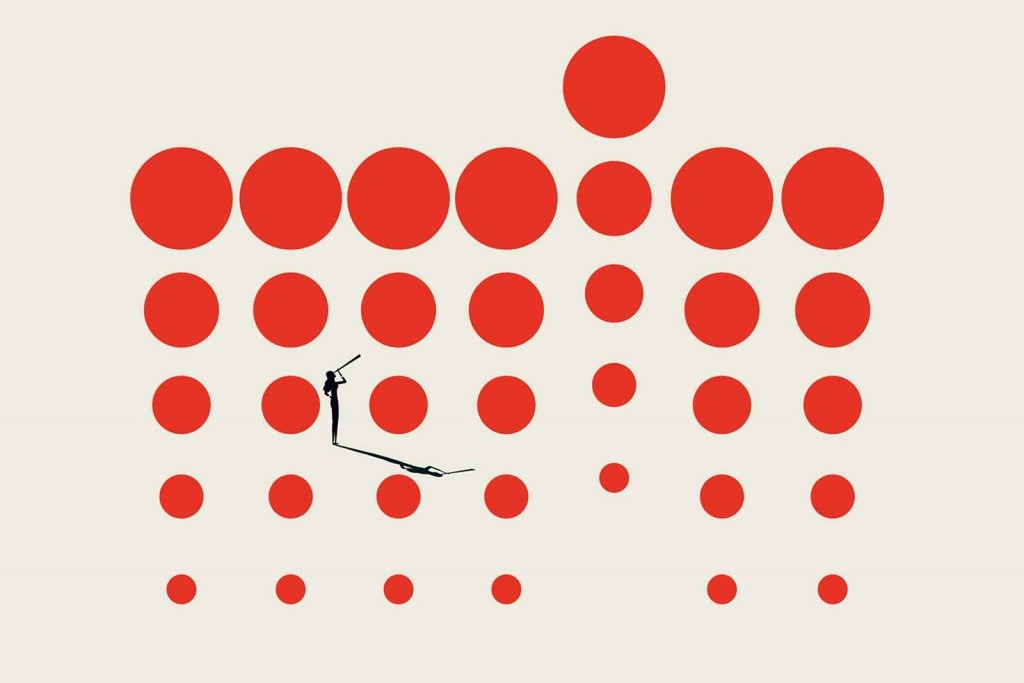
Tax advisors
The European Parliament has produced a study on the Regulation of intermediaries, including tax advisers, in the EU/Member States and best practices from inside and outside the EU.
Five countries were selected, including Ireland. One of the findings is that the status of tax advisers is legally protected in Germany, but it is not protected in Italy, the UK, Ireland and the Netherlands.
Requiring tax advisors to have Professional Indemnity Insurance would provide more consumer protection
The study makes a number of suggestions, including the development and implementation of an EU-wide Code of Conduct for tax intermediaries; the introduction of mandatory Professional Indemnity Insurance (PII) for tax intermediaries; and the adoption of a more targeted approach to deal with tax intermediaries who enable undesirable tax avoidance.
Requiring all tax advisors and tax intermediators to have PII would provide significant additional consumer protection and level the playing field between qualified/regulated and unqualified/unregulated advisors.
PII for a start-up tax advisor can be obtained for about €600 (depending on the number of clients and their risk profile), so PII will not be a barrier to entry.
The study is part of an EU public consultation titled Tax evasion & aggressive tax planning in the EU – tackling the role of enablers on the regulation of tax advice provision in the EU. There is a response deadline of 12 October 2022.
Virtual assets
The Financial Action Task Force (FATF) has issued an update on Implementation of The FATF Standards On Virtual Assets And Virtual Asset Service Providers. This is the third review of the rules applicable to financial activities involving Virtual Assets (VAs) and Virtual Asset Service Providers (VASPs).
These are crypto currency/bitcoin and providers of virtual wallets to hold and process cryptocurrency. This review focuses on the ‘travel rules’ that require CDD to be done on virtual asset transfers.
The review also covers developments in the area, including non-fungible tokens and unhosted wallets.
Central Bank guidance
A YouTube video on protecting yourself from financial scams has been produced by the Central Bank, designed to help protect consumers from the increasingly sophisticated frauds being perpetrated in Ireland.
How SMPs can bring value to SMEs
Accountancy Europe has published a guide for SMPs to assist them in bringing value to their SME clients. Among the recommendations are for the SMP to diversify its skills, to evolve towards a ‘full service’ model and to learn from its fellow accountants.
ACCA has practical toolkits for SMEs and SMPs available here.
Workplace Relations Commission
The Workplace Relations Commission has published its 2021 Annual Report outlining how it dealt with 12,000 complaints, 3,400 workplace inspections and a 75% increase in hearings – resulting in the recovery of just under €1m in unpaid wages.
Table 4 in the report lists the Inspection activity and outcomes by employment sector with Accounting & Financial Services having 20 inspections and four employers in breach.
Food Service Activities had 763 inspections and 34% in breach, hair and beauty had 243 inspections with 24% in breach. Meat processing, equine and domestic employees all had very few inspections, but almost 100% non-compliance.
Appendix 3 to the report lists the convictions for 2021, and the majority of convictions appear to arise from SMEs in the food service industry. A number of case studies are set out in Appendix 4, which illustrate some of the issues arising following inspections or complaints.
Holding effective AGMs
The Financial Reporting Council (FRC) has published a guide on holding effective AGMs. The guidance is also applicable in Ireland.
The EU has adopted additional ‘maintenance and alignment’ measures relating to Russia
More Russian sanctions
In response to Russia’s continuing war against Ukraine, the EU Council adopted an additional ‘maintenance and alignment’ package of measures.
This includes a new prohibition on the purchase, import or transfer (directly or indirectly) of gold, if it originates in Russia and has been exported from Russia into the EU or to any third country afterwards. This prohibition also covers jewellery
There are also export controls on dual use and advanced technology, and a port access ban.
In addition to economic sanctions, the Council decided to list additional individuals and entities, and strengthen reporting requirements, putting the burden of declaring assets on to sanctioned people, in order to facilitate the freezing of their assets in the EU.
More details can be found here.
For members in Northern Ireland and Great Britain, the Russia (Sanctions) (EU Exit) (Amendment) (No 14) Regulations 2022 came into force on 21 July 2022. The regulations have a similar requirement to the EU-wide ban on the provision of accounting services to persons connected with Russia.
For the latest information, visit ACCA’s Ukraine hub.



